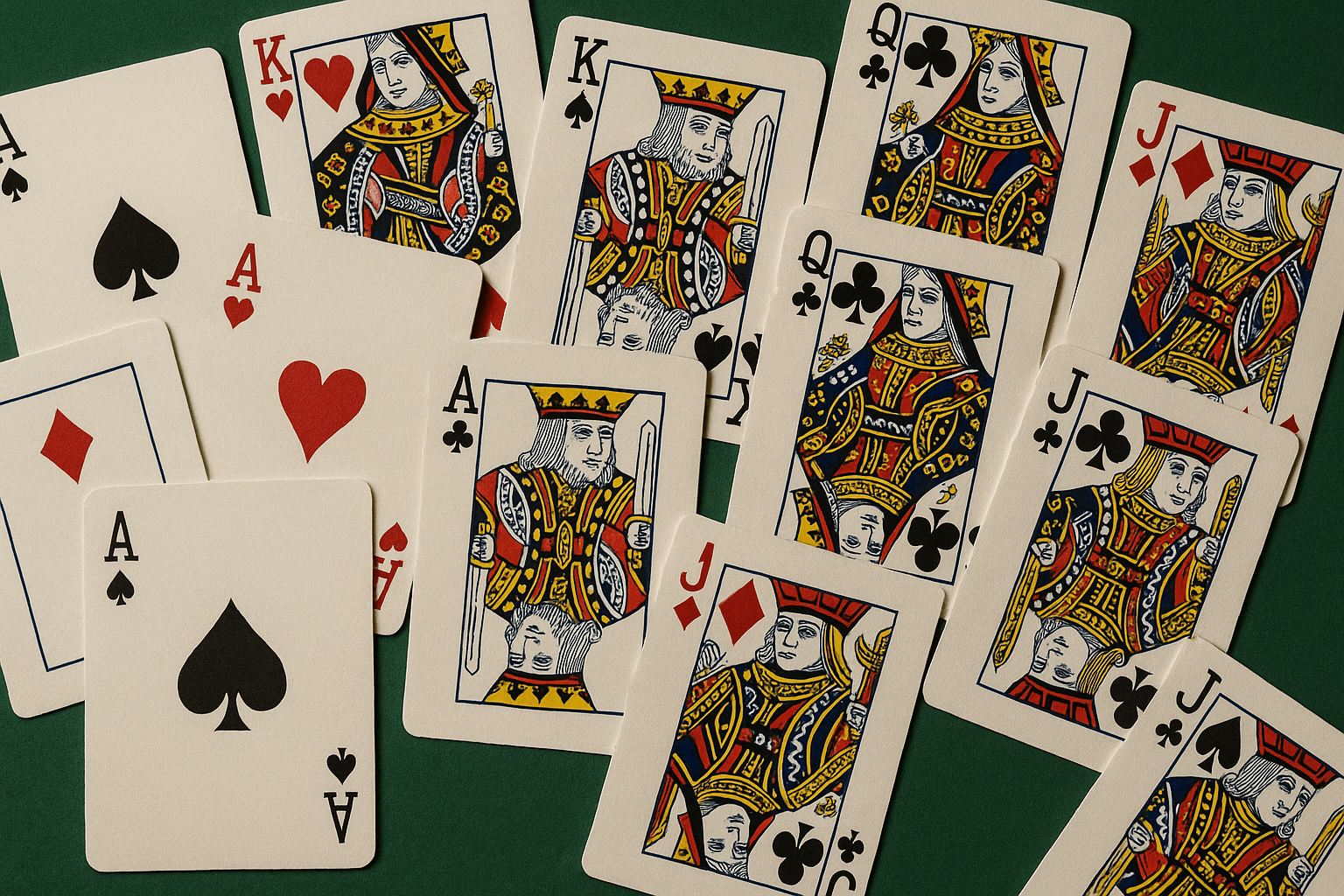
The Costly Trap of Falling in Love with Your Hand
We’ve all been there. You look down at your cards and see A♥ A♠. Your heart skips a beat. This is it—the hand you’ve been waiting for. You’re already mentally stacking the chips you’re about to win. This emotional attachment, known as "falling in love with your hand," is one of the most insidious and costly leaks in a poker player’s game. It’s the reason solid players make baffling calls and stubbornly march their stack to its demise. In this article, we’ll break down why this happens and how you can develop the discipline to fold your "premium" hands when the story no longer makes sense.
Why Do We Fall in Love? The Psychology Behind the Mistake
At its core, this mistake is a battle between emotion and logic.
-
The Sunk Cost Fallacy: You’ve invested chips pre-flop and on the flop with a strong hand. Folding feels like "wasting" that investment, so you throw good money after bad to justify the initial bet.
-
Result-Oriented Thinking: You remember all the times your A-A held up on a scary board, and you forget the many times it got crushed. You hope for the one time it works, ignoring the mathematical evidence.
-
Ego: It’s hard to admit that your beautiful A-A is now just one pair, especially when you’ve represented strength. Folding can feel like a personal defeat.
Classic Scenarios: Where Love Leads to Ruin
Let’s look at two common situations where this emotional trap springs shut.
-
Scenario 1: The Overpair on a Wet Board
-
Your Hand: A♠ A♣
-
The Board: 9♥ 8♥ 4♣
-
Action: You raise pre-flop, get one caller. You bet the flop, and they call. The turn is the 7♥, completing both a flush and a straight draw. You bet again, and your opponent raises.
-
The Trap: You think, "But I have Aces! They might be bluffing the flush draw." You call. The river is a blank. They shove. You sigh and call, only to be shown T♥ J♥ for a turned flush.
-
The Reality: The board is incredibly coordinated. Your opponent’s actions tell a clear story: they have a hand that can beat one pair. Your aces are no longer the powerhouse they were pre-flop.
-
-
Scenario 2: The Top Pair That’s No Longer Top Dog
-
Your Hand: A♦ Q♦
-
The Board: Q♠ 7♣ 2♥ J♦ 4♠
-
Action: You call a pre-flop raise. You hit top pair on the flop and bet, getting called. The turn and river are blanks, but your opponent starts leading out with strong bets.
-
The Trap: You think, "I have top pair, good kicker! I can't fold this." You call down their bets, only to lose to Q-J or a slow-played set of sevens.
-
The Reality: On a board this dry, your opponent’s continued aggression on later streets almost always means they have you outkicked or have a hidden two-pair/set. Your A-Q is often just a "crying call" station.
-
The Antidote: How to Develop a Professional Detachment
Fixing this requires a shift from emotional attachment to logical analysis.
-
Think in Ranges, Not Hands: Stop asking, "Do I have a good hand?" Start asking, "What is my opponent's range,
and where does my hand fall within it?" On that 9♥ 8♥ 4♣ 7♥ board, your A-A is at the very bottom of your value range. It’s often just a bluff-catcher. -
Listen to the Story: Your opponent’s actions are sentences in a story. A call on the flop followed by a raise on a scary turn is a very loud sentence that usually says, "I have a very strong hand." If your hand doesn’t fit a stronger part of the story, you must be willing to let it go.
-
Practice Discipline, Not Hope: Stop hoping for the one card that saves you. If you’re facing significant aggression and are only beating a bluff, folding is the mathematically correct and disciplined play. Let your opponent show you their bluff this time—your chips will be safe for the next hand.
Ready to Make the Right Folds? We Can Help.
Learning to fold big hands is one of the hardest skills to master, but it’s what separates winning players from the rest. It requires a deep understanding of board textures, hand reading, and player tendencies.
If you're tired of paying off your opponents and want to build the strategic discipline needed to make these tough folds instinctively, my Poker Premium Online Course is designed for you. Our Post-Flop Mastery Module is packed with:
-
Hand Reading Workshops to accurately narrow opponents' ranges.
-
Board Texture Analysis to instantly recognize dangerous situations.
-
Advanced Mental Game Training to conquer emotional attachment and play with logic.
Stop letting love cost you chips. Start playing with a professional's cool detachment. [Explore the Poker Premium Course here and transform your game today!]

